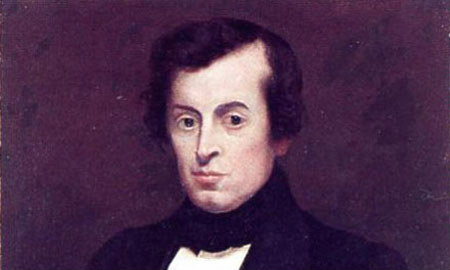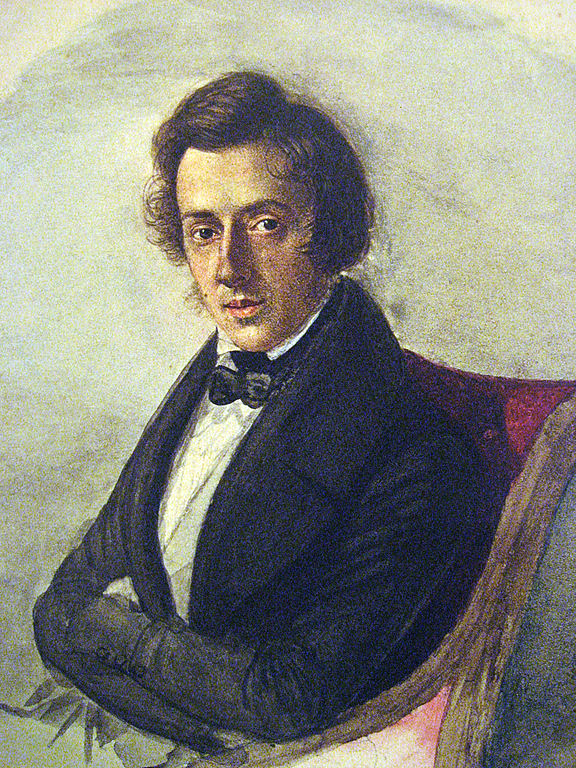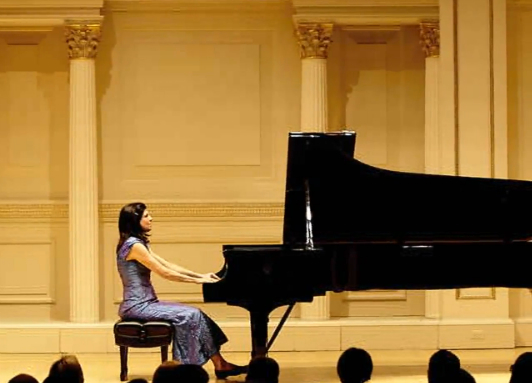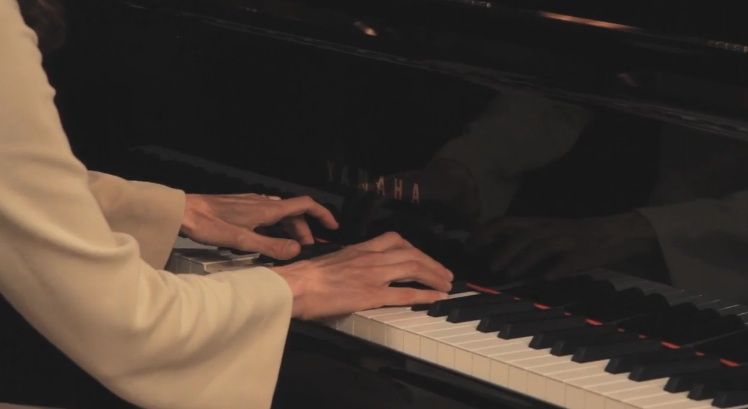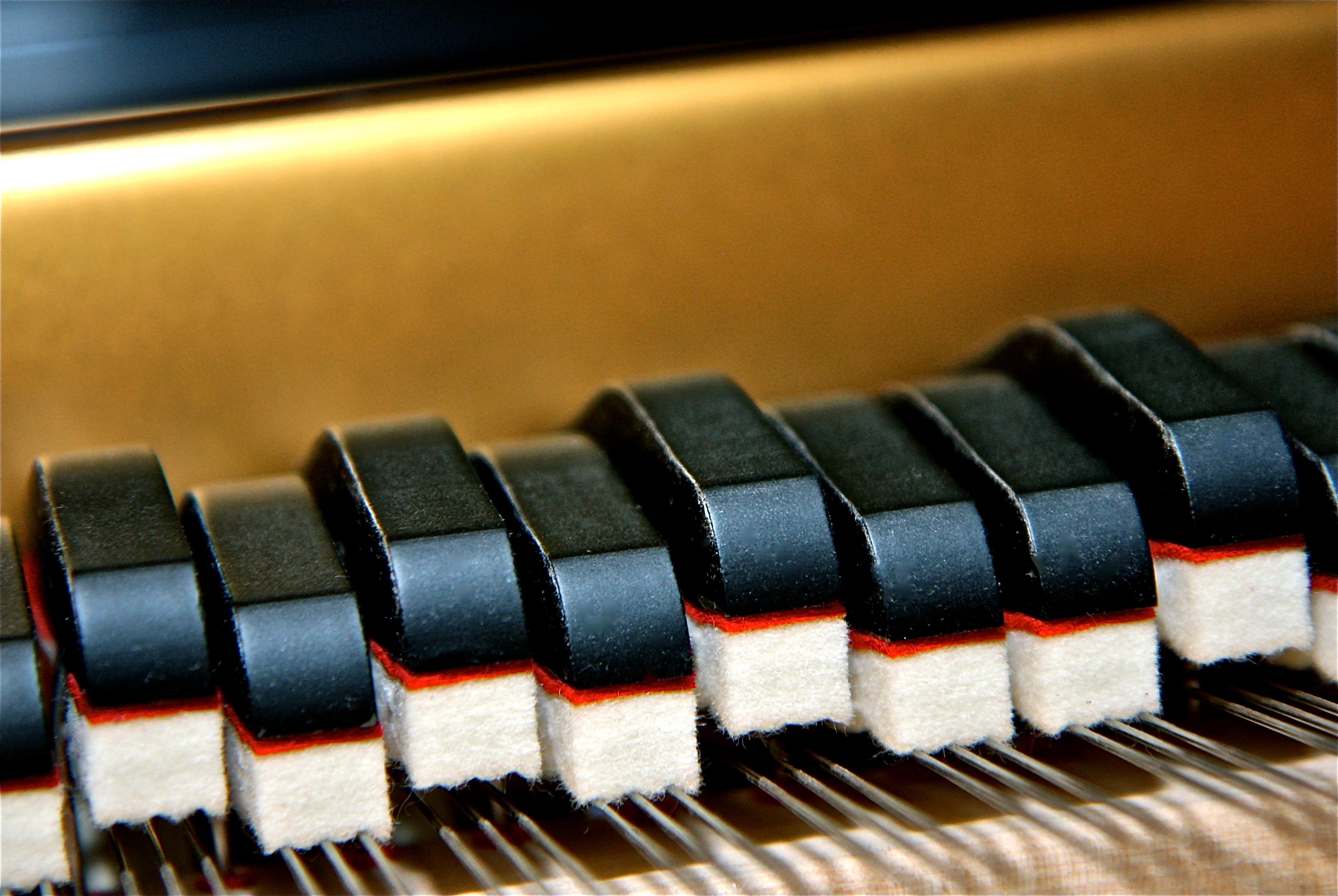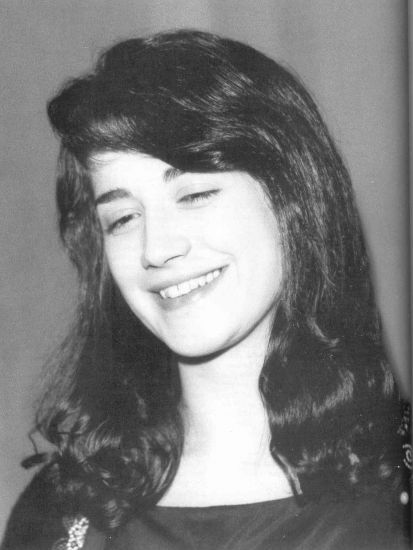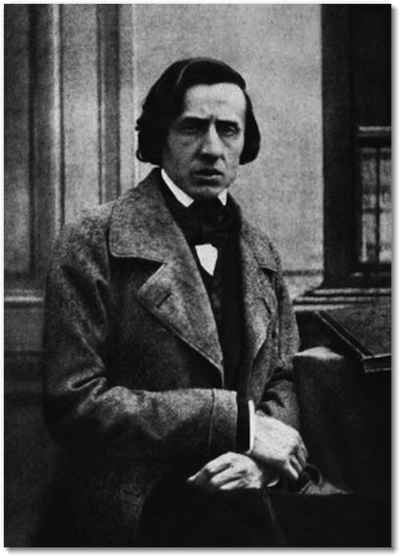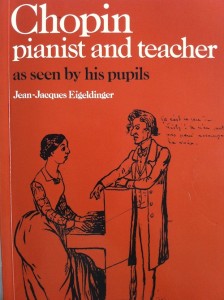While the Chopin Prelude in A Major only lasts 16 measures and takes about one minute to play, it is a wonderful study in imagination of dynamics, color, and rubato. I explore this work from multiple perspectives here, as part of GRAND PIANO PASSION™’s well-regarded Classical Piano Music Amplified™ series.
Chopin
The Chopin Prelude in E Minor Amplified
With its simple melody, haunting harmonies, and space for liberal use of tempo rubato, the Prelude in E Minor is one of Chopin’s most beautiful compositions—one that gives the student a wonderful work to perform, while also teaching the pianist a great deal about finesse and interpretation.
Nancy M. Williams Plays the Chopin Raindrop Prelude
When I returned to the piano shortly after my 40th birthday, at first I dutifully studied the Clementi Sonatinas.
Chopin’s Raindrop Prelude Amplified
The repeated tenor notes, which patter underneath all but a few of the measures in the Chopin Raindrop Prelude—first A-flat, then G-sharp, then back to A-flat again, so evocative of raindrops—make the piece almost wholly unique in classical piano music.
Chopin Waltz in B Minor Amplified
The Chopin Waltz in B Minor (Opus 69 No. 2) is one of Chopin’s early works, although it was not published until after his death. It is also one of the pieces that Chopin wanted burned after he died, but luckily for all of us, the score survived.
How Martha Argerich uses Chopin and Tempo Rubato
When I returned to the piano after a 25-year hiatus, I struggled with tempo rubato. I could not conceive how to inject my music with these mysterious elongations and compressions in the tempo.
Taking Adult Piano Lessons from Chopin
Today we remember Frédéric Chopin primarily as a composer, yet he also made his livelihood by teaching adult piano lessons. The number of professionals that he taught during his lifetime amounted to no more than 20. The rest were amateurs with a passion for the piano.
Book Review – Chopin: Pianist and Teacher, as Seen by His Pupils, by Jean-Jacques Eigeldinger,
So instructed Chopin to one of his favorite students, Emile von Gretsch, a member of high society who also happened to be a gifted and hardworking amateur pianist.

